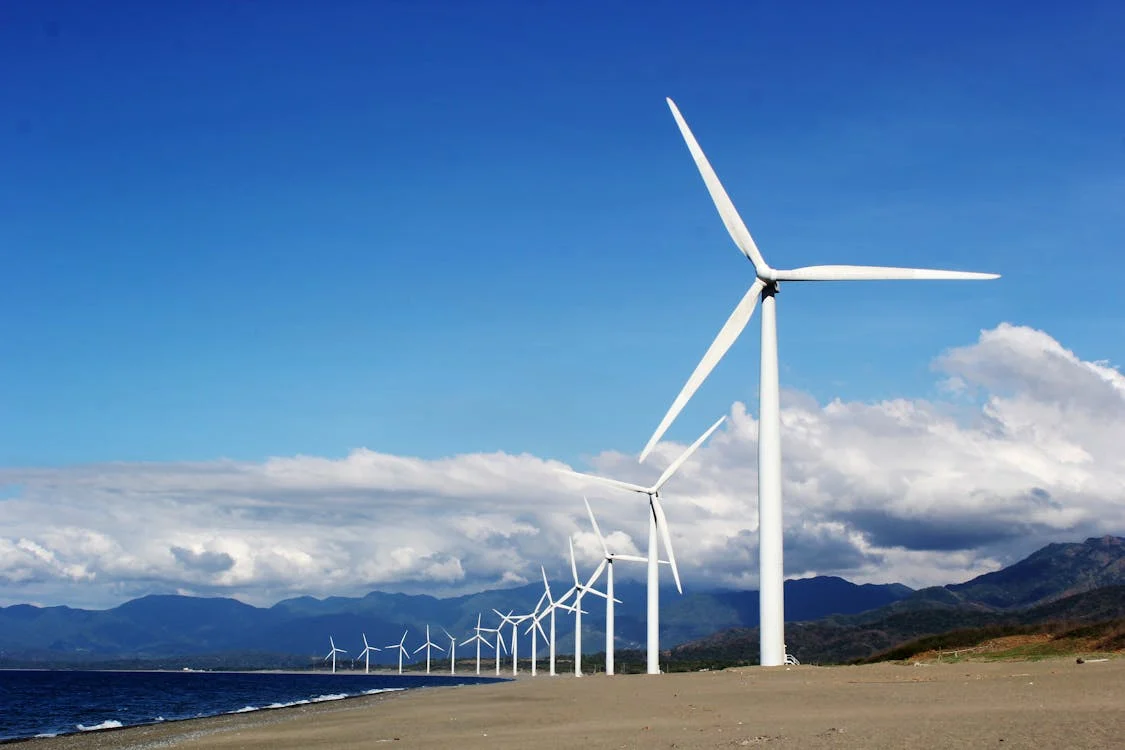Insider Brief
- Kazakhstan ratified a $1.4 billion agreement with UAE-based Masdar to build a 1 GW wind farm and 300 MW energy storage system in Zhambyl Oblast, aiming to boost renewable energy capacity and reduce annual CO2 emissions by 2 million tons.
- The project, presented by the Ministry of Energy and ratified by the Majilis on April 30, is expected to generate 3.4 billion kWh annually, create over 1,000 jobs, and include 425 km of new power transmission lines to enhance national grid stability and energy transit potential.
- A workforce training initiative and commitment to local goods and services are integral to the project, which introduces Kazakhstan’s first large-scale energy storage system to stabilize electricity supply during peak periods.
Kazakhstan has ratified an agreement with the United Arab Emirates for a $1.4 billion wind farm project.
The agreement, signed with UAE-based clean energy firm Masdar in December 2023, calls for the construction of a 1-gigawatt wind farm and a 300-megawatt energy storage system in Zhambyl Oblast, Kazakhstan Today reports. The project is expected to generate 3.4 billion kilowatt-hours (kWh) of electricity annually and reduce carbon dioxide emissions by approximately 2 million tons each year.
According to the news agency, the Kazakh Ministry of Energy presented the agreement to the Majilis, the country’s lower house of parliament, where it was ratified on April 30. “This project will increase the share of renewable energy sources by another 3 percent,” said Erlan Akkenzhenov, head of the Ministry of Energy, during the presentation.

In addition to producing renewable power, the project features one of Kazakhstan’s first large-scale energy storage systems. These systems store excess electricity generated during low-demand periods and release it during peak hours, helping to stabilize supply.
“These new technologies will add stability to the energy system of Kazakhstan, and due to the accumulation of energy, the stability of electricity supply will be ensured during peak periods of consumption,” Akkenzhenov is reported as saying, while adding that the project would also provide new technical experience for domestic energy specialists.
The project is expected to draw $1.4 billion in direct investment, create about 1,000 temporary jobs during construction, and generate around 100 permanent jobs once operational. A workforce training initiative, developed in collaboration with Masdar, is already underway to prepare Kazakh personnel to operate and maintain the new technologies.
A critical infrastructure component of the project is the construction of 425 kilometers of power transmission lines that will connect the northern and southern regions of Kazakhstan, Kazakhstan Today reports. This aims to improve energy transfer across the country, reduce regional imbalances, and boost national grid reliability. According to Akkenzhenov, the lines will also increase Kazakhstan’s “transit potential” for energy, further strengthening energy security.
The government also intends to include provisions for domestic goods and services during development to bolster local businesses, foster new industries, and amplify the project’s economic impact.







